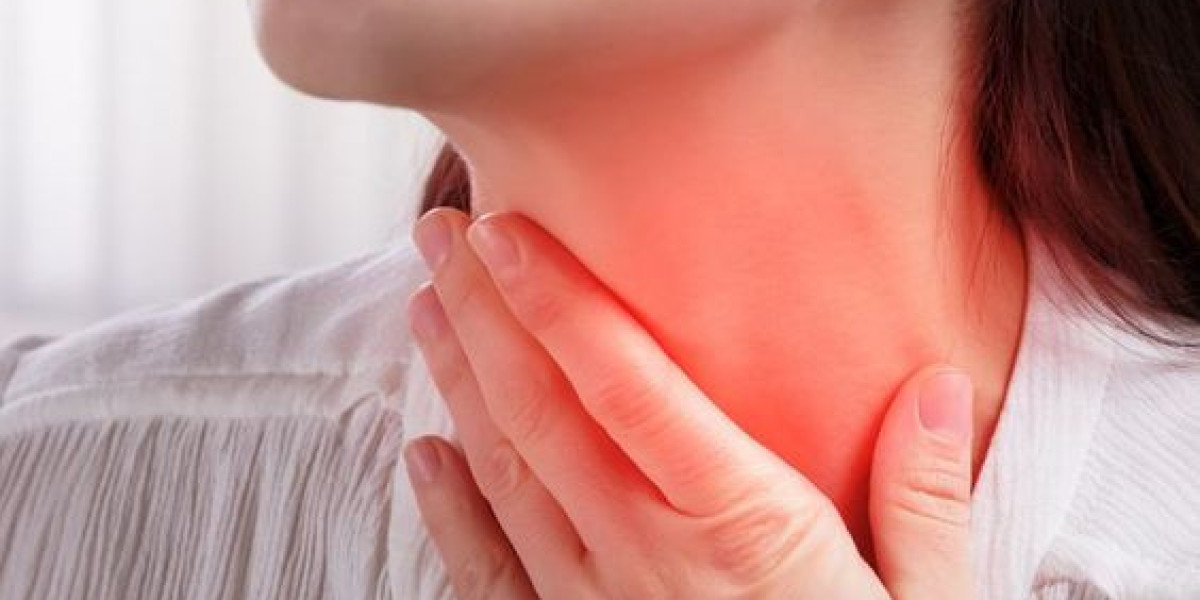Acne is one of the most widespread skin conditions, affecting people across all age groups. Although it’s often linked to puberty and teenage years, acne can persist into adulthood or even start later in life. Despite being so common, myths about acne abound, leaving many people confused about how to deal with it effectively.
In this blog, we’ll break down what causes acne, how you can prevent it, acne medicines, and the potential consequences of leaving it untreated.
What Exactly is Acne?
Acne is a skin condition that happens when hair follicles get clogged with oil, dead skin cells, and bacteria. It typically appears on areas of the body where sebaceous (oil) glands are most active, like the face, chest, back, and shoulders. Acne comes in several forms:
Blackheads and Whiteheads: Non-inflammatory clogged pores.
Papules and Pustules: Small, inflamed bumps, sometimes filled with pus.
Nodules and Cysts: Larger, deeper, and often painful lesions that can cause scarring.
What Causes Acne?
Acne doesn’t have a single cause. Instead, it’s the result of multiple factors working together, including:
1. Overactive Oil Glands
Sebum, the oil produced by sebaceous glands, helps keep skin hydrated. However, when too much sebum is produced, it can mix with dead skin cells and clog pores.
2. Dead Skin Cell Buildup
Normally, dead skin cells are shed from the skin’s surface. When this process doesn’t work efficiently, the cells can mix with oil and block hair follicles.
3. Bacteria
The bacteria Cutibacterium acnes thrive in clogged pores, causing inflammation that results in red, swollen pimples.
4. Hormonal Changes
Hormonal fluctuations during puberty, menstruation, pregnancy, or due to conditions like PCOS (polycystic ovary syndrome) can trigger increased oil production and acne flare-ups.
5. Genetics
If acne runs in your family, you’re more likely to develop it.
6. Lifestyle Habits
Diet: Foods high in sugar or dairy may worsen acne for some people.
Stress: High stress levels can lead to hormonal changes that exacerbate acne.
Cosmetic Products: Some makeup and skincare products clog pores and contribute to breakouts.
How to Prevent Acne
While it’s not always possible to prevent acne completely, these steps can reduce your chances of breakouts:
1. Establish a Gentle Skincare Routine
Wash your face twice daily with a mild cleanser.
Avoid scrubbing your skin too hard, as this can irritate it.
Stick to non-comedogenic products that won’t clog your pores.
2. Keep Your Hands Off Your Face
Touching your face frequently or picking at pimples can worsen inflammation and lead to scarring.
3. Eat a Balanced Diet
Focus on whole foods like fruits, vegetables, lean proteins, and healthy fats. Limit sugary snacks and processed foods.
4. Manage Stress Levels
Activities like yoga, meditation, and regular exercise can help keep stress under control.
5. Protect Your Skin
Use sunscreen daily to prevent acne scars from getting darker.
Opt for oil-free or gel-based sunscreens.
Treatment Options for Acne
The type of acne you have will determine the best treatment approach. Here are some common options:
1. Over-the-Counter Remedies
Benzoyl Peroxide: Reduces bacteria and clears up clogged pores.
Salicylic Acid: Helps exfoliate dead skin cells to prevent blockages.
Adapalene: A topical retinoid that improves skin cell turnover.
2. Prescription Treatments
Topical Retinoids: These help prevent clogged pores and reduce inflammation.
Antibiotics: Available in topical or oral forms, antibiotics control bacterial growth and calm inflammation.
Oral Contraceptives: Certain birth control pills regulate hormones, making them effective for acne in women.
Isotretinoin: A strong oral medication for severe or cystic acne that significantly reduces oil production. It’s effective but requires close monitoring due to potential side effects.
3. Advanced Therapies
Chemical Peels: These treatments exfoliate the skin to reduce acne lesions.
Laser and Light Therapy: Target acne-causing bacteria and inflammation.
Extractions: Performed by a dermatologist to safely remove deep lesions.
4. Natural Remedies
Tea Tree Oil: A natural antibacterial agent that can improve mild acne.
Aloe Vera: Helps soothe redness and irritation.
Green Tea Extracts: Rich in antioxidants, which can benefit acne-prone skin.
Always consult a dermatologist for persistent or severe acne to create a tailored treatment plan.
What Happens if Acne is Left Untreated?
Untreated acne can lead to a variety of complications, both physical and emotional:
1. Scarring
Depressed Scars: Small pits or craters in the skin.
Raised Scars: Excess collagen can lead to bumpy scars.
Dark Spots: Known as post-inflammatory hyperpigmentation, these marks may take months to fade.
2. Emotional Impact
Living with acne can affect self-esteem and lead to anxiety or depression, especially in severe cases.
3. Long-Term Inflammation
Persistent acne can make skin more sensitive and prone to redness over time.
Maintaining Clear Skin
Even after treating acne, it’s important to maintain a consistent skincare routine to keep breakouts at bay:
Stick to non-comedogenic products.
Wash anything that touches your face, like pillowcases, regularly.
Continue with maintenance treatments recommended by your dermatologist.
In Conclusion
Acne is a manageable condition that requires a combination of good skincare practices, healthy lifestyle choices, and, in some cases, medical treatments. By understanding its causes and taking proactive steps to care for your skin, you can minimize the impact of acne on your life. If your acne persists or worsens, don’t hesitate to consult a dermatologist for professional guidance. Clear, healthy skin is within reach with the right approach and commitment.















